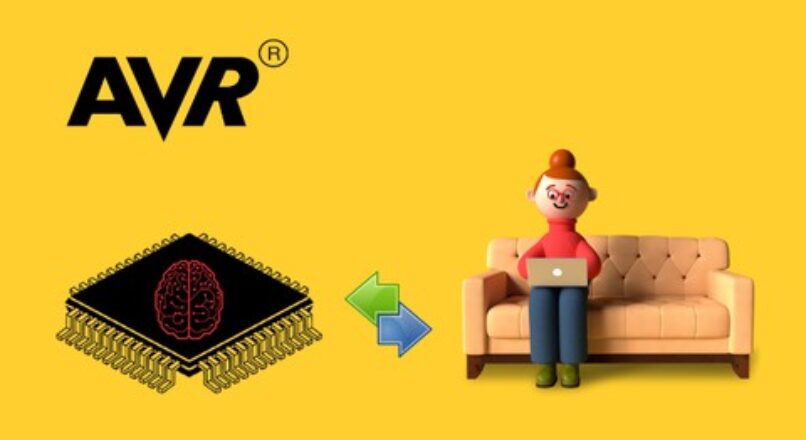
Mastering Microcontroller Programming

Price: $29.99
If you’re reading books of microcontroller programming, following different blogs and still feel stuck. Then you came to the right place, this microcontroller programming course designed around most popular 8-bit ATmega328 AVR Microcontroller. In this course, we will learn how to write C Programs for ATmega328 MCU. I’ve made complex concept easy to understand using quality content. It doesn’t matter if you’re new to microcontrollers or already know basics. I am sure you’ll enjoy learning with this course.
Short Description:
We’ll begin our journey to explore microcontroller right from the basics like setting-up official Atmel Studio7 IDE, installing programming utilities and hooking up the circuits in easiest way. To keep the hardware part simple in the beginning, we will use ATmega328 chip on Arduino Uno. Believe me this will save our time at hardware side so that we can focus more on core microcontroller features through AVR C Programming. Later on, as the time rolls on we will use ATmega328 Xplained Mini evaluation kit to learn advance debugging techniques.
“The Biggest objective of this course is to help you build sound understanding of microcontroller architecture and peripheral registers in-order to use them while writing professional embedded systems software”
We will setup every circuit from scratch and write microcontroller firmware for it. We will spend enough time in the beginning to get basics right. This will save time in long run and make you feel confident working with Microcontroller Architecture and C Programming.
Later on, we will be building mini projects to use LED, Switches, Analog and Digital Sensors (temperature/humidity/light Intensity/distance), IR Sensor, Relays and many more. These projects can be small yet very powerful to lay down strong foundation to use GPIO, Timer/Counter, Interrupt, PWM, ADC, Serial UART and other peripherals while developing embedded software and hardware.





Leave a reply
You must login or register to add a new comment .